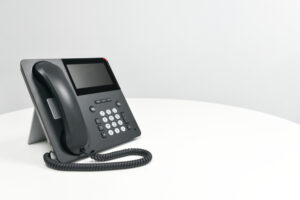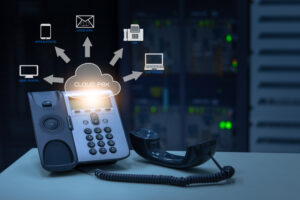Physical security refers to the protection of people, facilities, and assets from physical threats that could lead to damage or loss. Implementing physical security best practices helps deter and prevent threats and mitigate damage, allowing organizations to continue their business.
In this blog, we’ll delve into the importance of physical security for businesses and the best tips and practices.
What is the Importance of Physical Security to Organizations?
Why is physical security important? Physical security protects a business from internal and external threats, including natural disasters. It helps ensure that its employees remain safe while they are on the premises and that its assets are not stolen or damaged.
Physical security measures deter, detect, delay, and respond to various incidents.
CCTV cameras deter burglars and robbers from attempting to enter and steal for fear of getting caught.
Access control systems help detect any unauthorized movement within the facility. Thus, it helps prevent internal and external intrusion that could lead to theft, violence, or cybersecurity breaches.
Access control systems, such as locks and biometric access, also help delay intruders from entering restricted areas. This helps all other security components to work to notify security and for them to respond by arresting the intruders.
Physical security also helps the authorities identify suspects of illegal activities so they can be brought to justice.
Physical security is vital in a business’s continuity because it keeps employees and assets safe, helps avoid financial losses, and maintains the trust of clients.
Tips and Best Practices for Physical Security
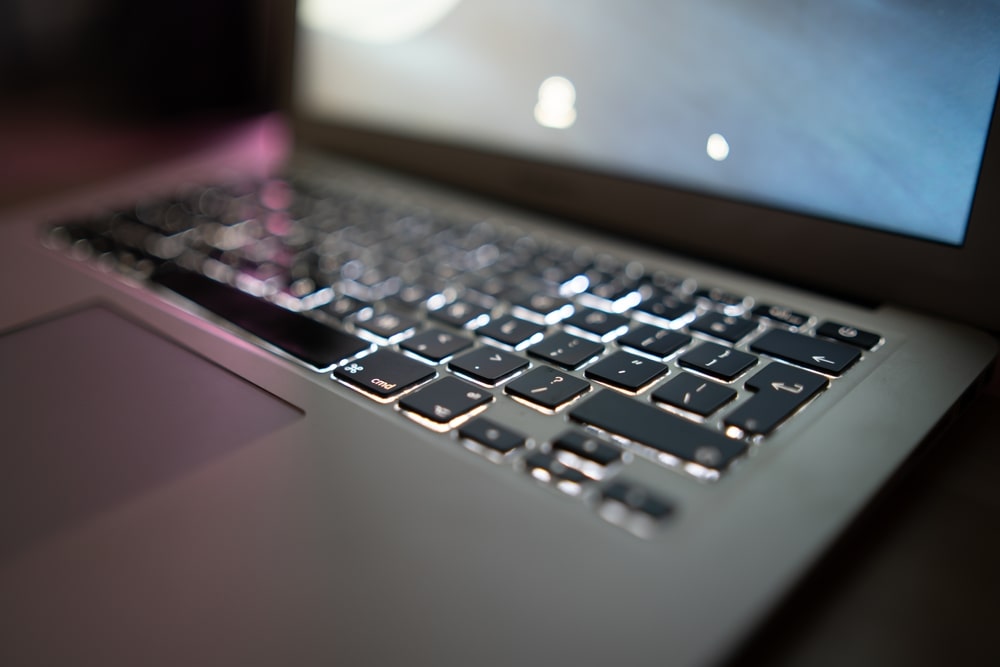
Keep an Inventory of All Assets
Businesses maintain a set of devices they need to operate. Keeping an inventory of your devices lets you keep track of them. So, you’ll know who has which device, where it is, and so on. You’ll also know if a device has been stolen.
Inventory is even more important for remote or hybrid companies. They need to keep track of devices assigned to each employee. This way, in case of a stolen or compromised device, they can easily identify what happened, the extent of damage or data breach, and what they need to do to contain the damage.
Limit Physical Access
While companies execute background checks on all employees, it is key to physical security to limit and control who has access to sensitive information. If it is not necessary to an employee’s role, there’s no need to make it accessible to them.
Establish Physical Entry Controls
Just as you’d install Fortinet next generation firewall to prevent unauthorized access to your computer network, you need to be strict with who has access to your hardware and other parts of your facilities containing important equipment and information.
Complement access restrictions with layers of physical security measures. This includes doors with biometric access or card control and reception or security guards in addition to surveillance equipment.
Physical entry controls help protect your assets from both internal and external threats.
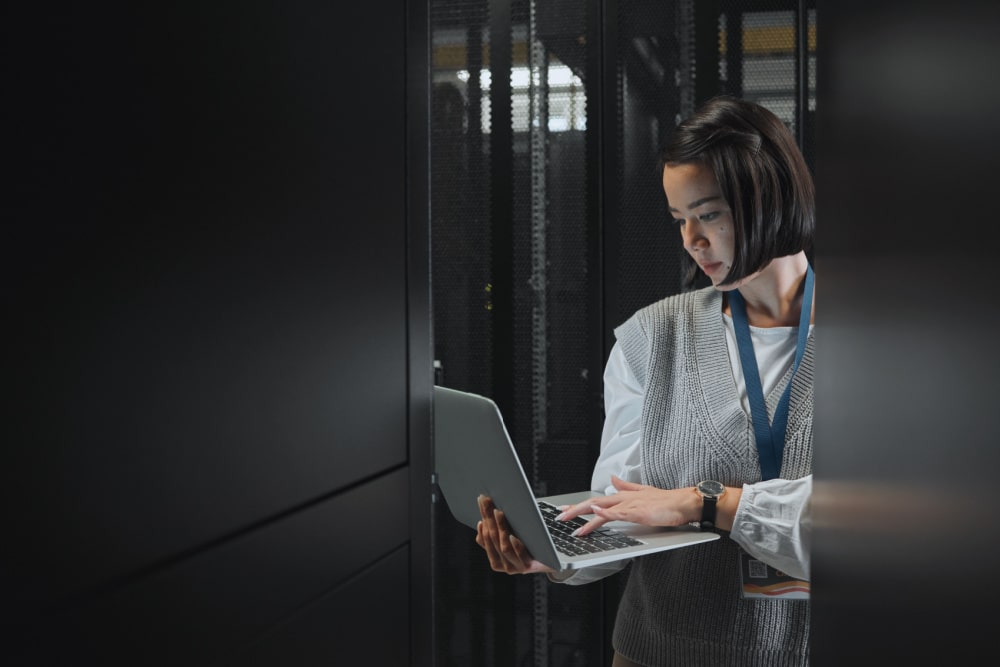
Strategize Equipment Placement
Strategic placement of equipment and confidential documents adds a layer of protection by making it difficult to find and access them. Apart from that, placement could keep equipment away from environmental threats and hazards.
A simple but effective physical security tip is to keep your server room in an area that’s not frequented by people to reduce opportunities of unauthorized access.
It is important to plan the site layout and assess the environment before installing equipment and other tools.
Secure Supporting Utilities
Another crucial factor in securing a business’s physical assets is ensuring that utilities supporting your operations are capable and well maintained. This ensures that cybersecurity infrastructures and physical security systems are supported without disruptions.
Security systems like CCTVs require uninterrupted power supply to keep working. Data centers also require continuous HVAC systems to maintain ideal temperatures.
So, to guarantee that security systems are protecting your business 24/7, you need to maintain all other supporting utilities.

Train Employees Regularly
Employees are at the core of physical security. They are the ones most vulnerable, and the policies affect their daily activities.
It is important to keep them knowledgeable of physical security risks, especially emerging ones, and of new technologies, processes, and policies you implement. Their cooperation and proper use of physical security measures are key to its success.
You can install comprehensive network security solutions, but if employees fall for click on email attachments or links or fall for social engineering attacks, your organization will continue to be at great risk.
Regularly train employees on the regulations, procedures, and how-tos to keep them updated. This will help make sure that nobody forgets the procedures and are aware of their significance in the organization’s physical security.
Document Security Policies
When it comes to security, it’s imperative to have clear policies and procedures to guide your organization through their day-to-day activities.
Be sure to have well-defined rules and procedures in place, and document them. Documentation serves as reference, so everyone is on the same page about what to do daily and in case of emergencies.
Furthermore, it can help ensure employees’ full cooperation since they can simply look at the rulebook if they are unsure of a policy. Documentation is a great complement to training as they can help clarify questions.
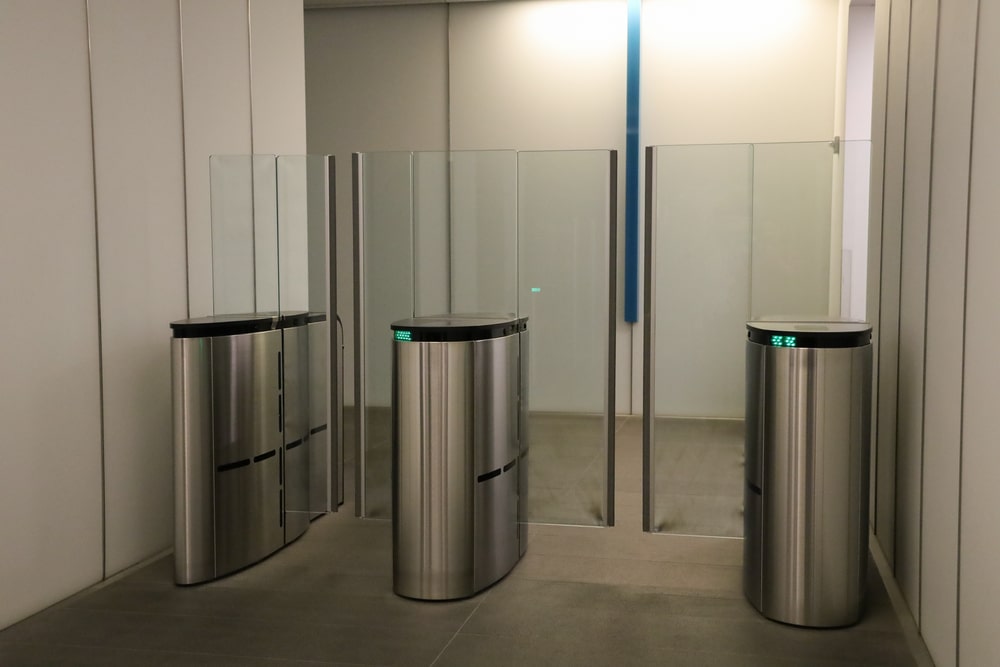
Conduct Regular Security Testing
Complacency is the number one enemy of physical security. Attacks always change so the best physical security tips for businesses may no longer be effective next year.
So, it is vital to conduct regular physical security testing. Similar to penetration testing tools for cybersecurity, testing evaluates the strength of an organization’s current security measures, finds vulnerabilities, and recommends ways to fortify security.
Companies should schedule an assessment of their physical security at least once a year to keep them updated on the latest risks and technologies for protecting their assets.
Inside Out Protection for Your Organization
Follow these best practices for physical security and you can surely avoid injuries and losses in your company. Keep in mind that physical security and cybersecurity come hand-in-hand nowadays.
With so many different threats, an organization cannot afford to let their guard down. Kital is the leading supplier of a wide range of security equipment to help you protect your organization both physically and digitally.
Contact us today to learn about the best security options for your organization.

